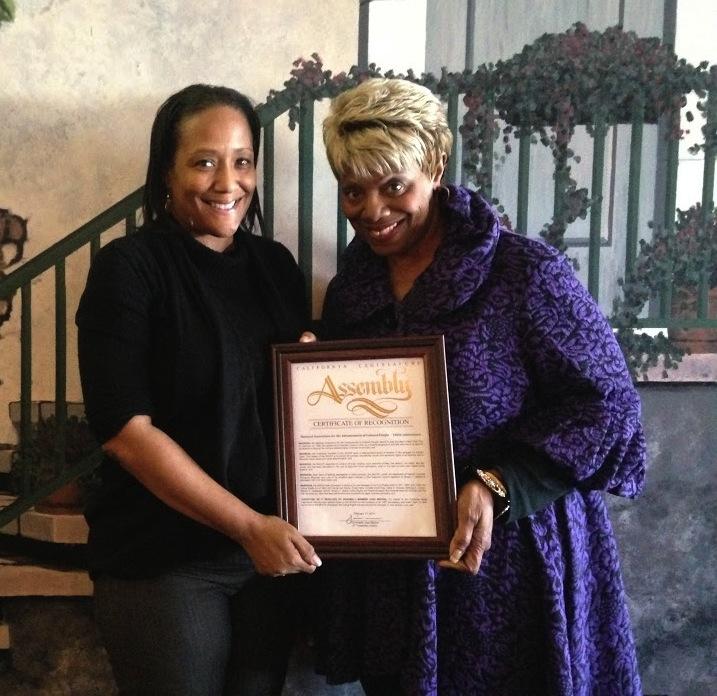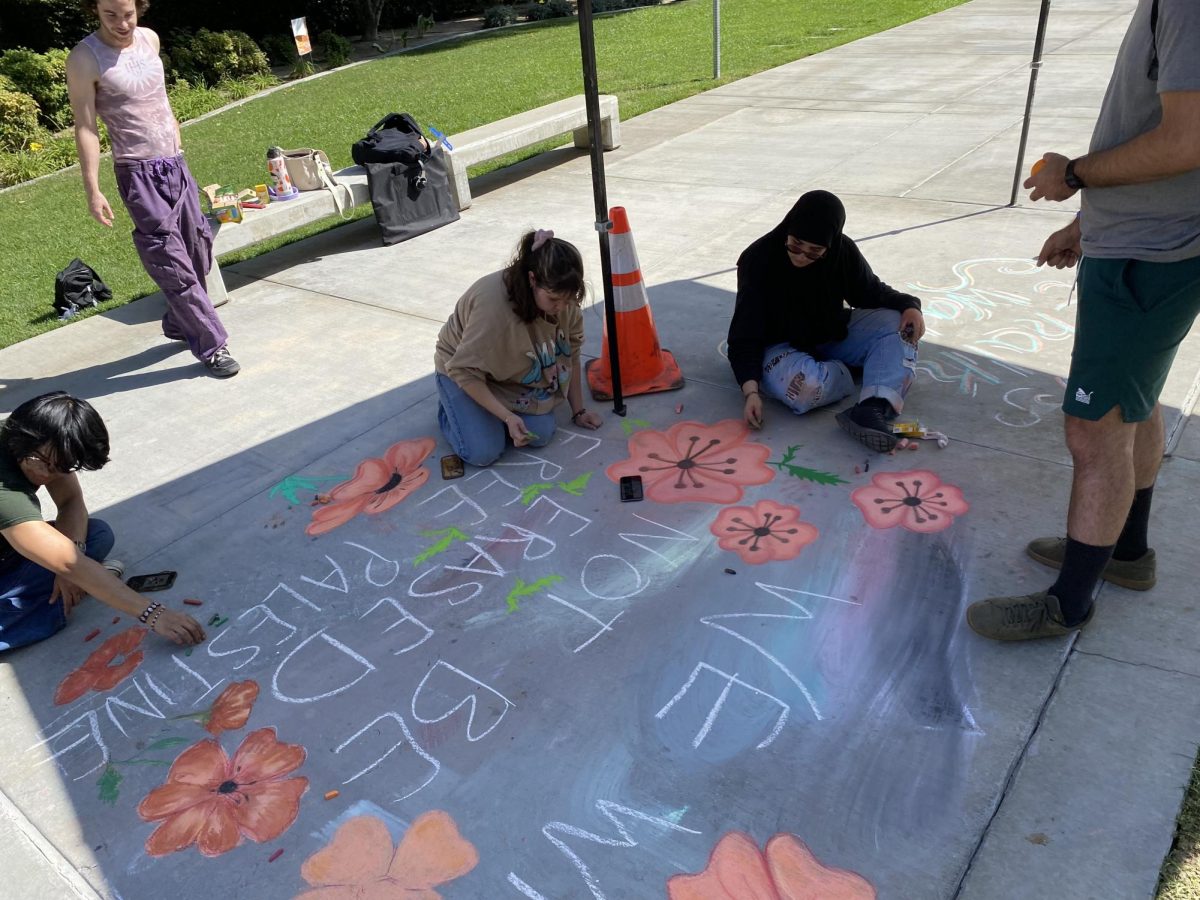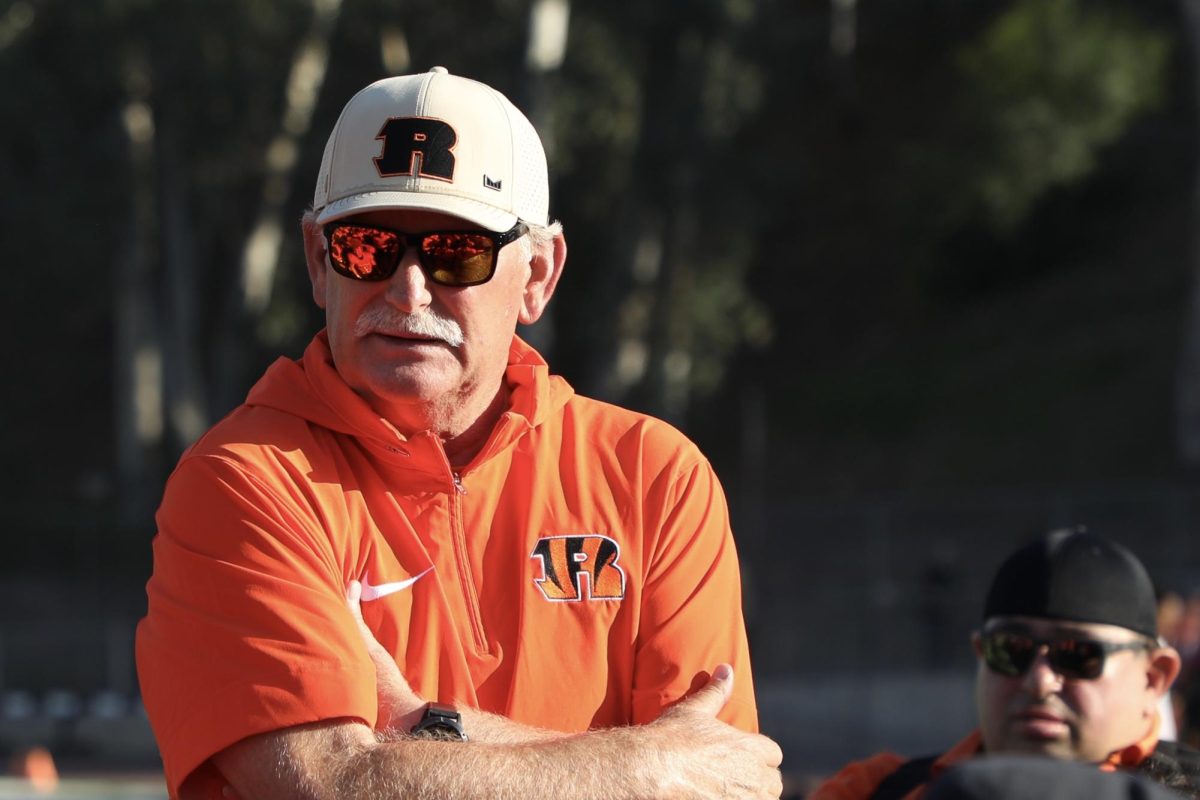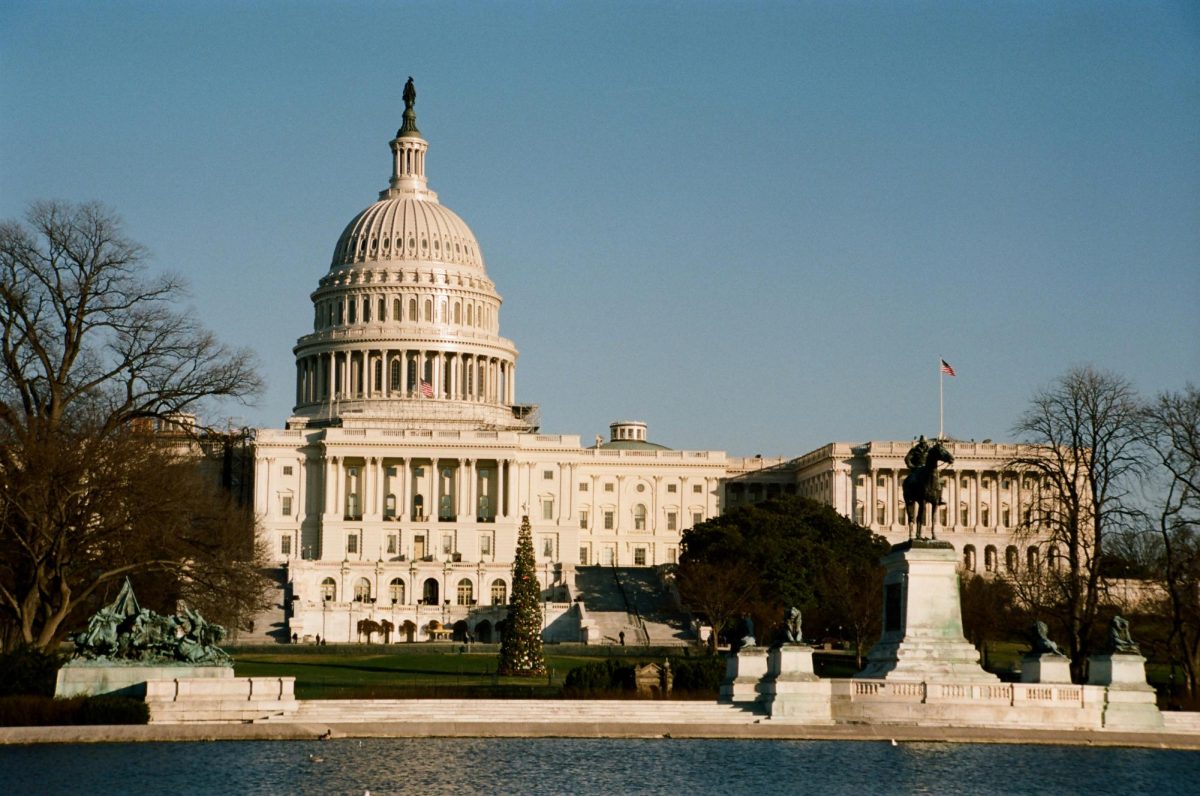Published: Mar. 12, 2015 | Posted: March 18, 2015 | Written by: Brooke Cary
A milestone was reached in Riverside African American history on Feb. 24, when the National Association for the Advancement of Colored People received an official city proclamation celebrating Black History Month at the Riverside City Council meeting.
Woodie Rucker-Hughes, president of the NAACP, comments “It had never been done before. Nobody could believe it had never been done before.”
In fact, State archives revealed that no city in California had ever given a city proclamation of Black History Month before, separate from the President’s proclamation. Riverside’s proclamation is the first of it’s kind in California, revealed Regina Patton-Stell, Vice President for NAACP.
“We wanted them to declare the month of February as a month for all people—black, white, brown—to set aside time to learn about the contributions African Americans have played in the making of America,” President Hughes said.
The NAACP, Riverside Unified School District, and students at RCC joined in the celebration of National African American History Month, raising awareness of African American heroes and working to achieve new academic goals for African Americans.
According to president Hughes, Riverside city councilman Andy Melendrez announced an Ad-Hoc Committee will be formed so that citizens and legislators can be made aware of events celebrating African American History throughout the year.
One event will be the 2015 Freedom Fund Awards Celebration coming up on May 13, hosted by NAACP at the Riverside Convention Center. On this evening, the NAACP will formally honor selected persons who have made a significant contribution to Riverside’s African American community. Keynote speaker for this event will be Riverside’s own Mayor, Rusty Bailey.
The Riverside Unified School District will also collaborate with the NAACP this year on events that celebrate US-African American history, Hughes said.
Additionally, the NAACP celebrated it’s 106th anniversary on Abraham Lincoln’s birthday, Feb 12. NAACP also supported an African American History parade in downtown Riverside, themed “Knowledge is the Key to Success.” David Hansen, the superintendent for Riverside Unified School District as well as RCC’s own Chancellor Burke were present for the event.
However, Riverside City organizations aren’t the only ones taking initiative on the progress of Black History Month. Students are becoming more and more involved in the appreciation of African American History.
Students of RCC involved in the “Ujima Project”, hung historic posters of African American leaders around the campus of RCC to enlighten students and give recognition to those leaders who had been “overlooked,” explained Cory Justice, president of the Ujima Project. Ujima volunteers also provided a questionnaire for students to study and complete about special events and milestones reached in African American History.
“Ujima,” Justice said, “first and foremost is—it’s Swahili, for ‘collective work and responsibility’, and what we do is, it’s based on African Americans who are not doing so well in academic studies, and we just try to help them—build their grade point average.”
Counselors and tutors for the Ujima Project focus on helping African American students particularly to succeed in their classes and teach them about their past to inspire their future.
Napoleon Eubanks, co-president of Ujima, spoke about the inspiration Black History has been to him in pursuing his own career.
“Leaders that I felt have helped change, and made things easier for me…by me coming to school and learning about them, it’s my way of paying tribute to them,” Eubanks said. “Because they fought, and shed blood for me to be able to go to school and to have a knowledge and become educated so that I can help other people… Education is more important than anything,”
Non-african american students of RCC also participate in the celebration of National Black History month, showing it’s reaching impact on people of all ethnicities.
“More than anything it’s not about being tied to one specific race, it’s about remembering where we come from…certain leaders of the Civil Rights Movement—there’s an effect on all of us,” Ray Orozco, president of ASRCC explained. “Great people stand on the shoulders of other great people gone before them, so it’s about building on that … (Black History Month) made the community closer overall, realizing that we all have our own history…and when we share the aspects of our history with one another we all can progress together.”







